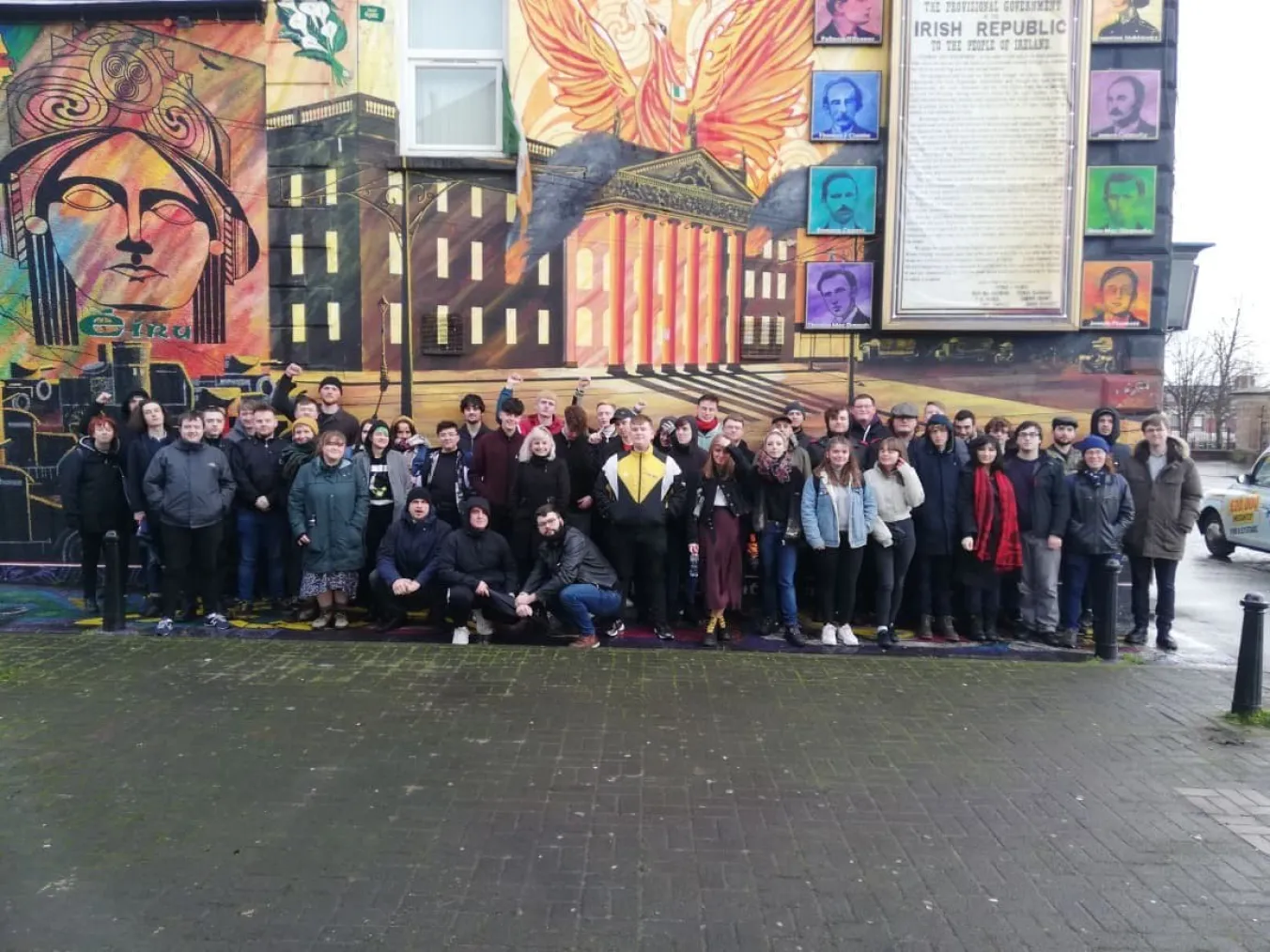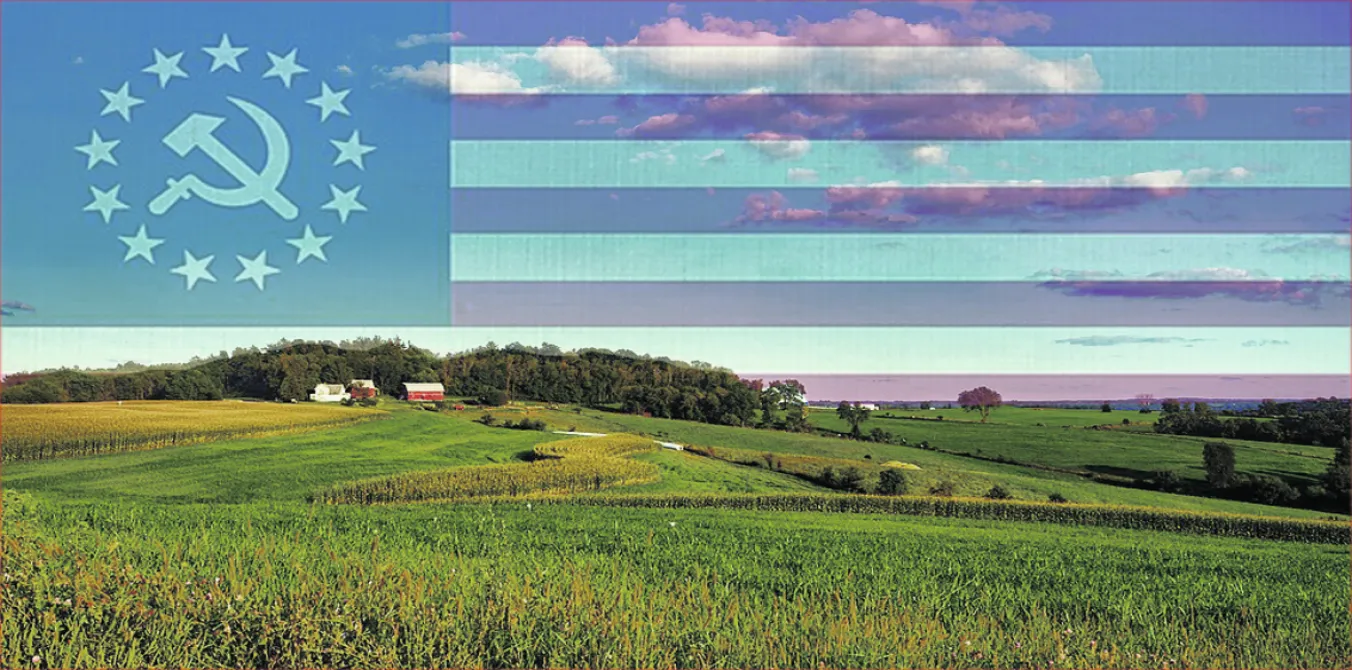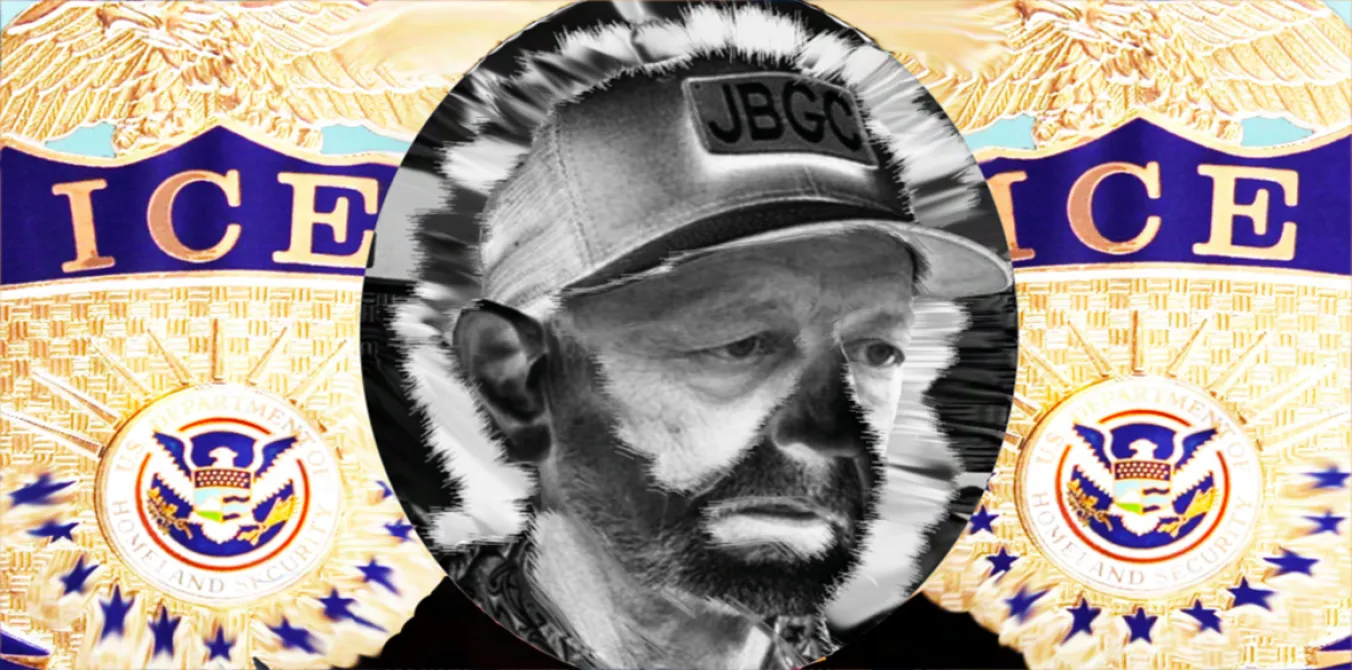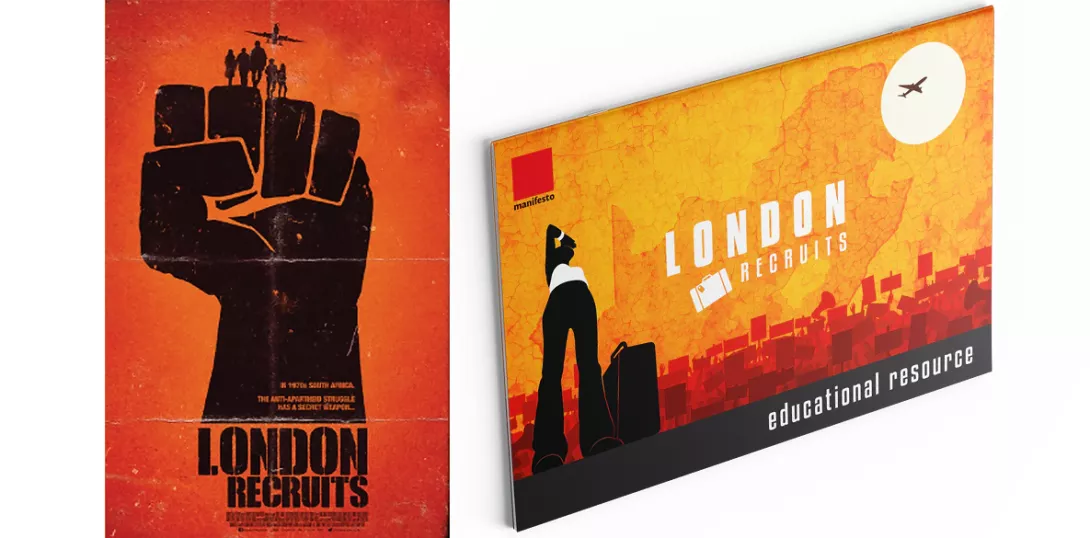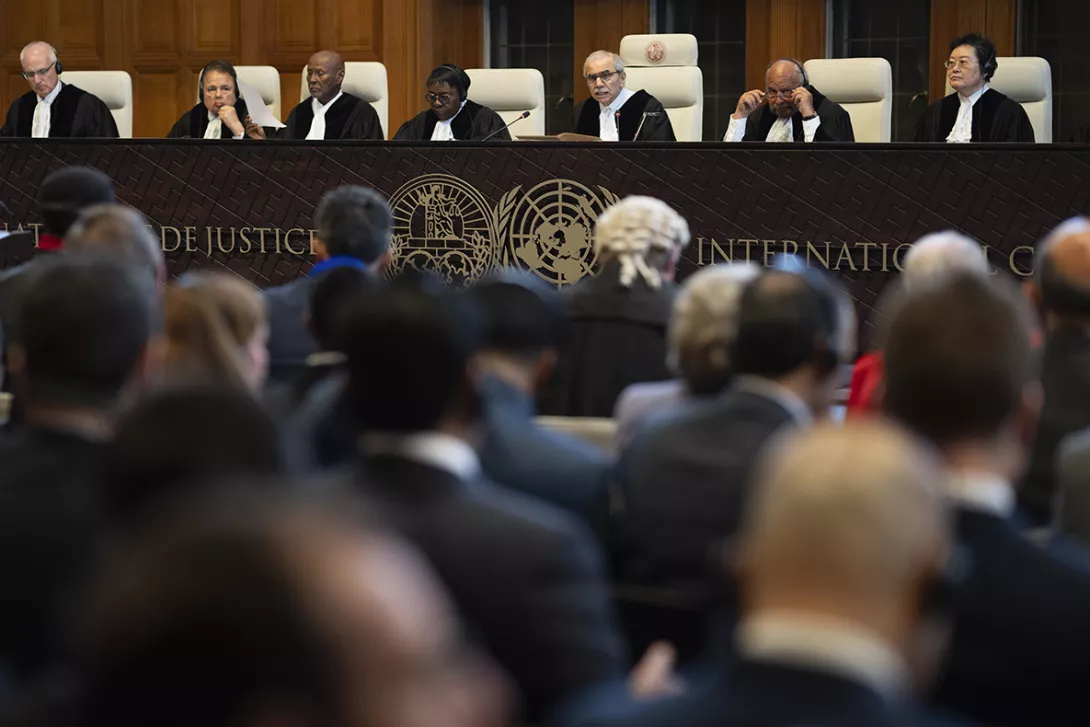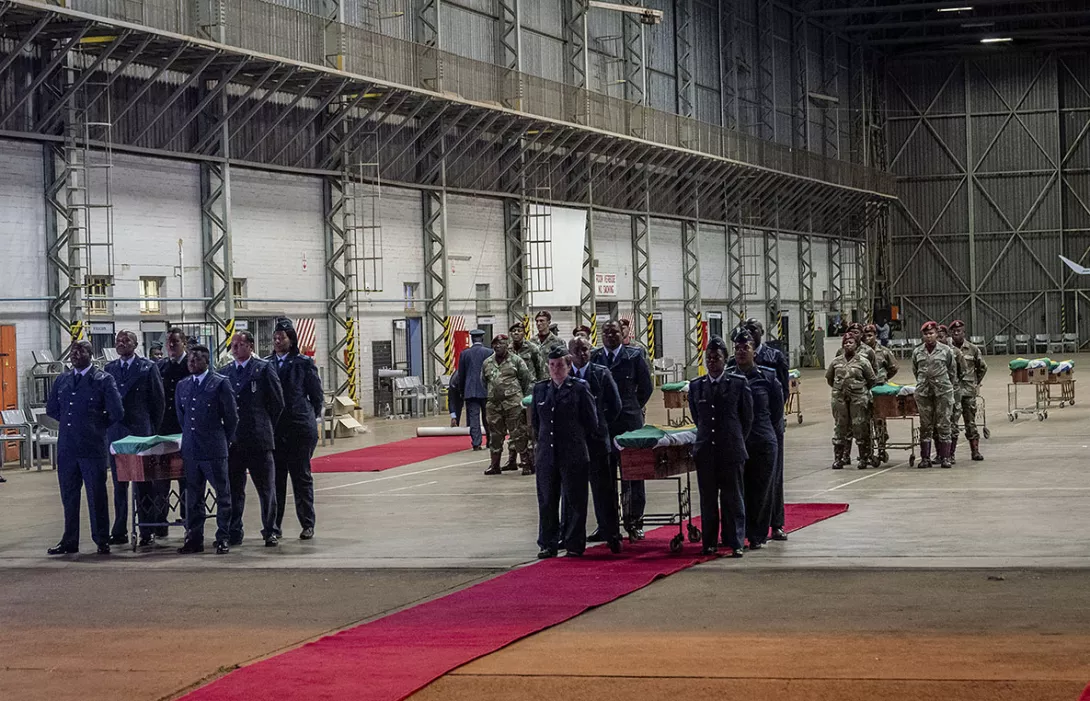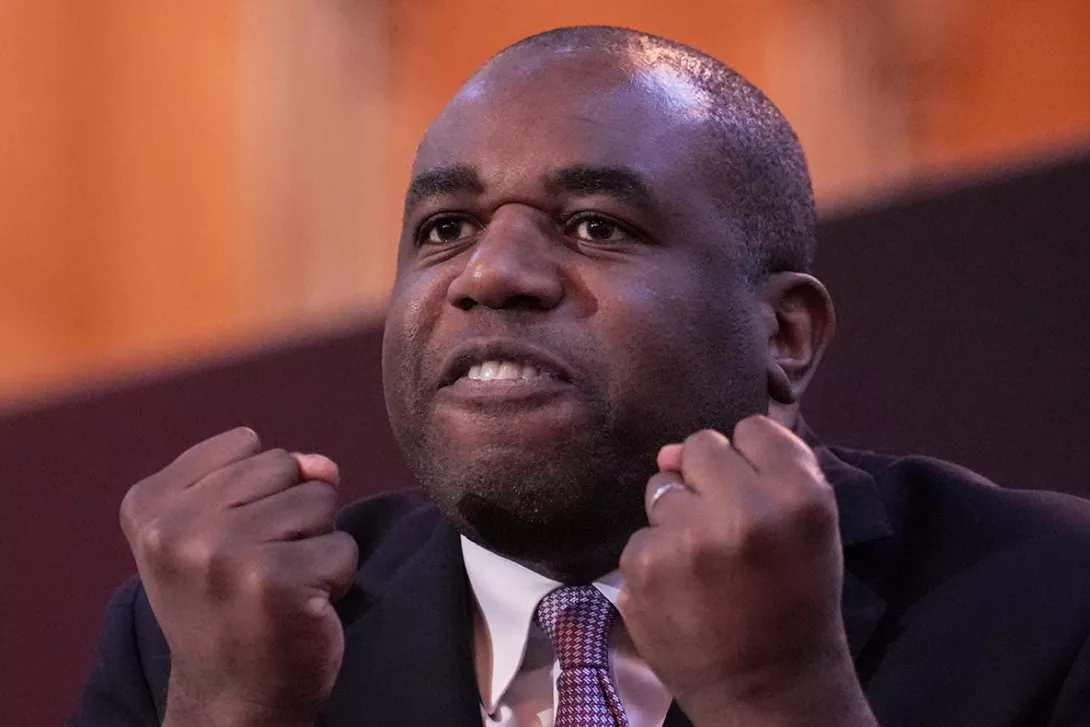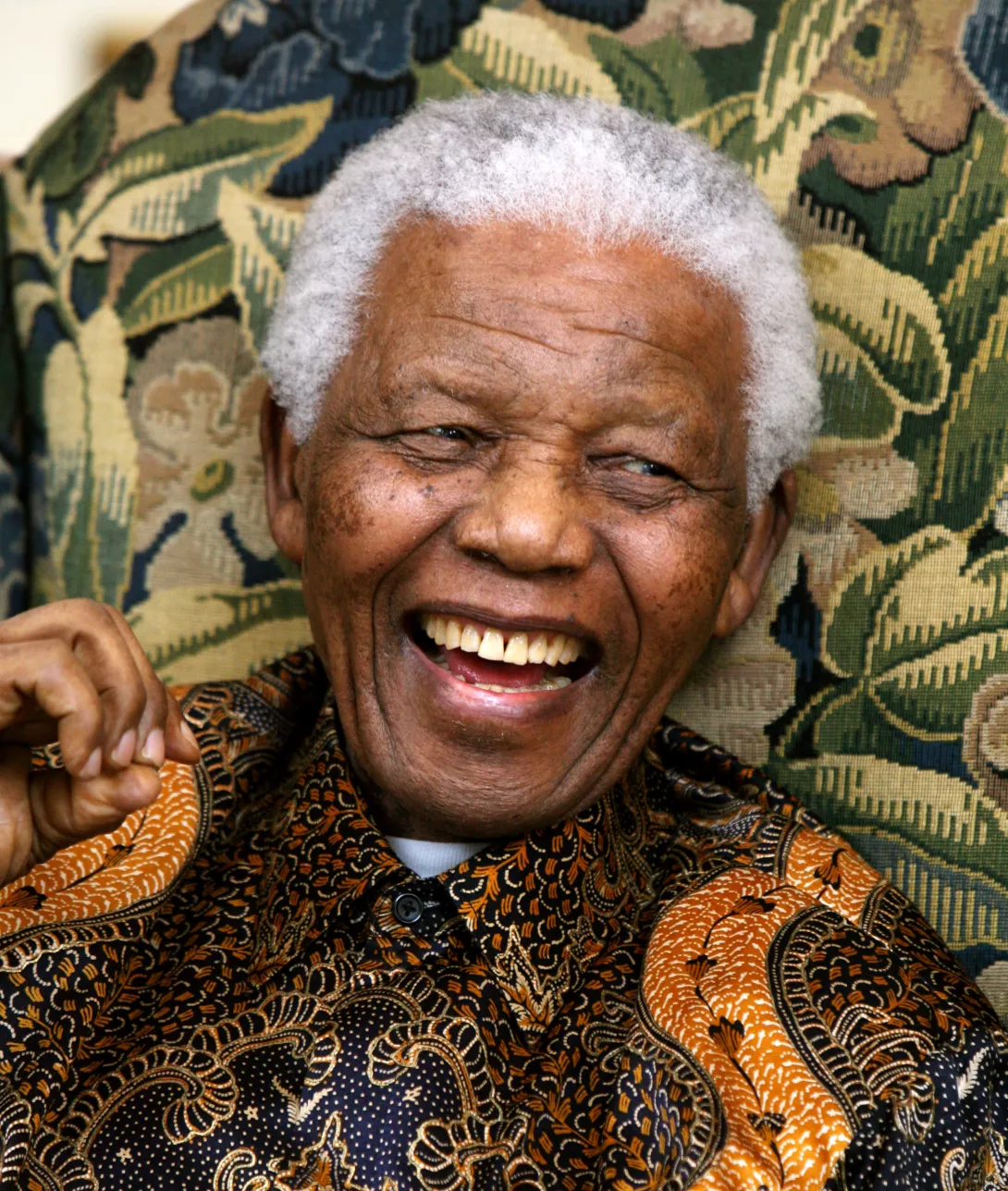
THE service of thanksgiving in Westminster Abbey today, marking 30 years since the first democratic elections in South Africa, shows how far we have come.
Forty years ago, apartheid was still very much alive and those fighting to liberate their country were described by our government as terrorists. Members of the Conservative Party youth group were wearing and selling “Hang Nelson Mandela” T-shirts and Margaret Thatcher referred to the ANC as “a typical terrorist organisation,” saying that people would continue to fight ANC “terrorism … if they believe in democracy.”
Now, the struggle for a democratic South Africa, in which all South Africans would have their voice heard, is marked with a service in the heart of the British Establishment.
A key focus of the service, organised by ACTSA — the successor to the Anti-Apartheid Movement — was to pay tribute to all those who struggled in solidarity with the South African people.
Christina McAnea, general secretary of Unison, Britain’s biggest trade union, was invited to give a reflection on behalf of the trade union movement. Lord Boateng, giving the address, paid tribute to the members of trade unions, trades councils, churches and other organisations that fought so hard against apartheid and for the release of Nelson Mandela.
Morning Star readers will be aware of the many people who dedicated their time to fight apartheid, and many will have been involved in those campaigns directly. From those who built the anti-apartheid and boycott movement in this country to those, like the London Recruits, who volunteered for secret missions in South Africa to help rebuild the ANC within the country and hasten the fall of apartheid, everyone’s contribution made a difference.
Clearly, it is the people of South Africa, organised through the ANC, the South African trade union movement and the South African Communist Party, who liberated their country. They were at the sharp end of the struggle and a free South Africa was their victory. But all those who stood in solidarity with them contributed to that victory.
However, reflecting on the defeat of South African apartheid 30 years ago makes current injustices stand out in sharper relief. Not least of all the genocide of the Palestinian people and the ongoing apartheid imposed by the state of Israel.
McAnea was the first to draw these comparisons during the service, drawing a direct link between the anti-apartheid movement that built solidarity with the people of South Africa and their liberation struggle, and the need to build solidarity with the Palestinian people today.
These thoughts were echoed by others, including Ronald Lamola MP, South African minister of international relations and co-operation, representing the South African government, who quoted Mandela: “We know too well that our freedom is incomplete without the freedom of the Palestinians.”
Now, 30 years on from the end of apartheid in South Africa, we must take those words of Mandela and dedicate ourselves to ending the genocide of the Palestinians and overthrowing the apartheid imposed by Israel.
This means continuing to build the street movement, the demonstrations, rallies and occupations. It means continuing to build the boycott, divestment and sanctions campaign, on the scale that we did during apartheid in South Africa. And it means winning support within our trade unions for a complete end to arms sales to Israel.
The story of the struggle against apartheid in South Africa must continue to be told — and we would encourage readers to sign up to the People’s Release of the London Recruits film later this year to help ensure that this story is shared with a new generation: bit.ly/LRPeoplesRelease.
At the same time, we must build the movement of solidarity with the Palestinian people — join the demonstrations, build the boycott campaign and pass a motion of solidarity to win support for Palestine in your union branch.
